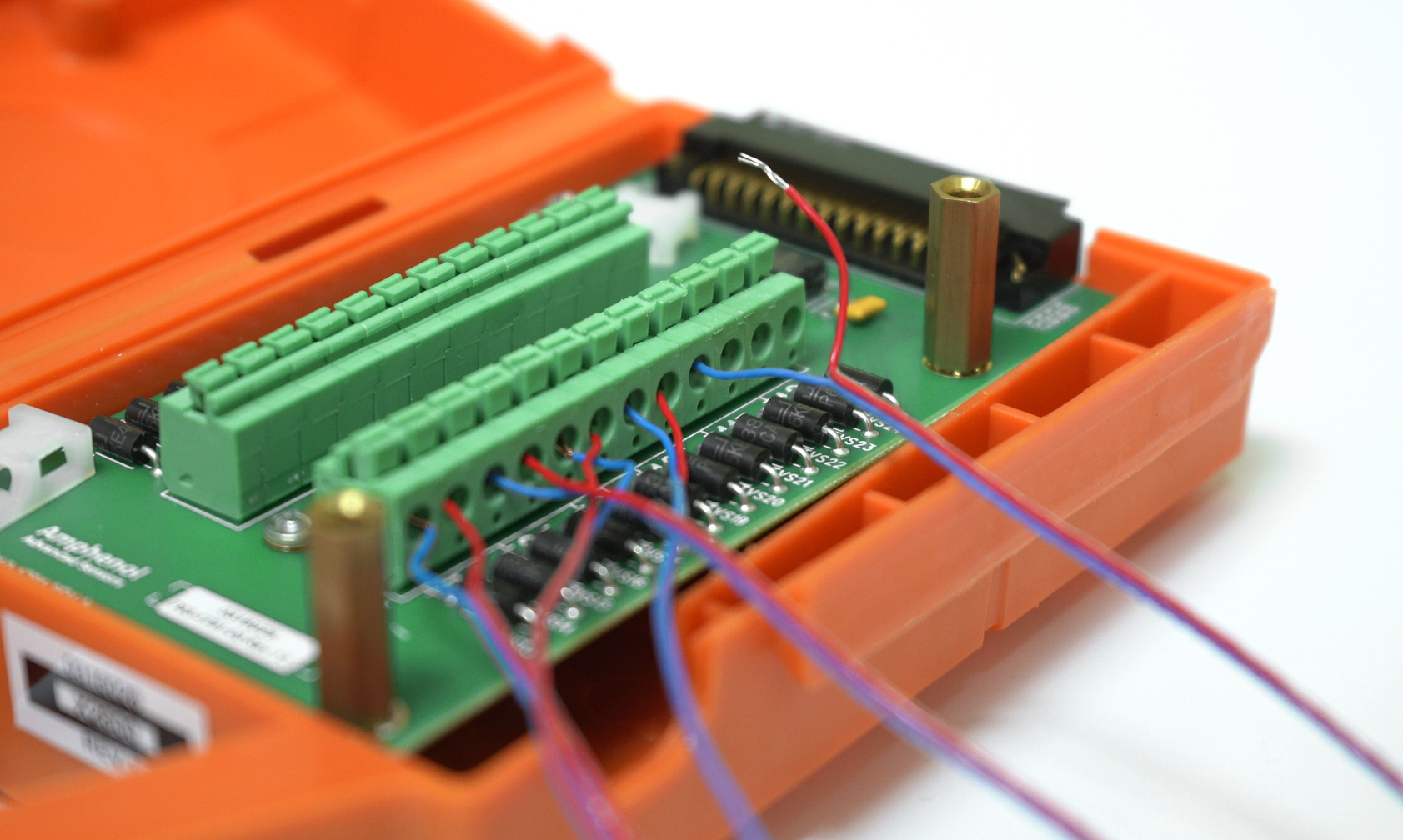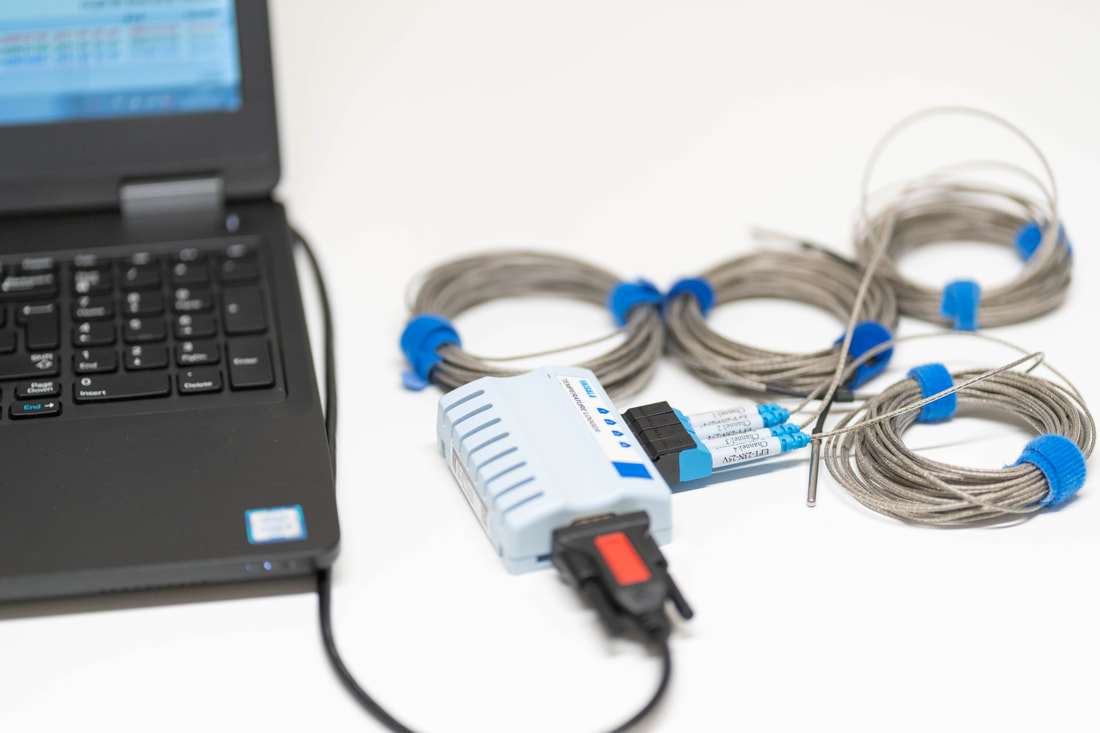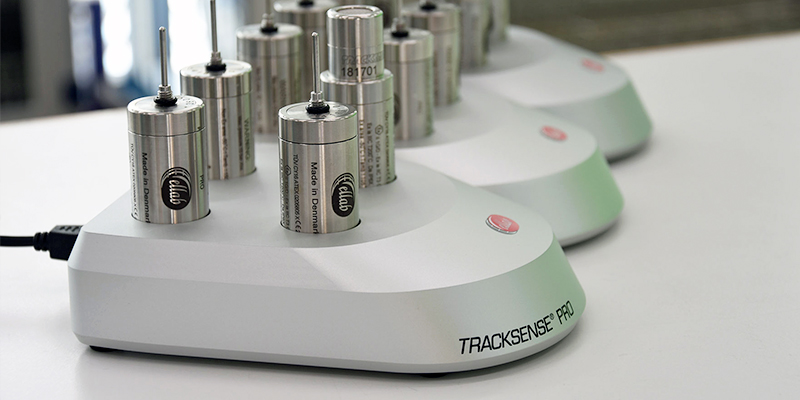Comprehensive Guide to Data Loggers in Pharmaceutical Temperature Mapping: An In-depth Analysis
Jun 30, 2023
Delving into the intricate processes of pharmaceutical manufacturing can be overwhelming. But at its core, it all revolves around one mission - precision and accuracy. A key player in ensuring this precision is an often-overlooked component called pharmaceutical temperature mapping, integral to maintaining the potency of pharmaceutical products. This brings us to a critical question: what are the best tools for pharmaceutical temperature control? Among the myriad options available, choosing the right pharmaceutical data logger can be the deciding factor. This comprehensive guide ventures into the realm of data loggers, exploring their indispensable role in temperature mapping within the pharmaceutical industry.
Unfolding the Complex Layers of Pharmaceutical Temperature Mapping
Pharmaceutical temperature mapping, a crucial aspect of pharmaceutical manufacturing, is a multifaceted and intricate discipline. Selecting the optimal data logger for temperature mapping is dependent on an array of factors such as the size of the area to be mapped, the required level of temperature control, the need for wireless communication, and budget constraints. To successfully navigate this field, it's beneficial to familiarize oneself with the most commonly used pharmaceutical data loggers.

Thermocouple Data Loggers: A Versatile Solution for Temperature Control
Thermocouple data loggers, owing to their versatility, are a popular choice in pharmaceutical manufacturing for temperature mapping. Excellently suited for mapping a broad temperature range, from around -200°C to +1820°C, these pharmaceutical data loggers are cost-effective and frequently employed for mapping pharmaceutical autoclaves, ovens to cryogenic storage areas.
RTD Data Loggers: A Precision Masterclass in Pharmaceutical Temperature Control
Alternatively, RTD (Resistance Temperature Detector) data loggers, albeit more expensive, provide a significant edge in terms of accuracy and precision in temperature control. Capable of mapping an extensive temperature range from approximately -200°C to +850°C, their popularity persists despite their higher price tag in the pharmaceutical industry.

Thermistor Probe Data Loggers: Exceptional Accuracy for Delicate Tasks
Thermistor probe data loggers, due to their excellent accuracy in a smaller temperature range, prove invaluable when precision is paramount. These loggers provide accurate readings typically within the -80°C to +150°C range, making them the go-to choice for processes requiring fine-tuned temperature mapping in pharmaceutical storage areas such as pharmaceutical freezers, refrigerators and incubators.
Wireless Data Loggers: A Gateway to Real-Time Monitoring in Pharmaceutical Manufacturing
Finally, wireless data loggers herald the possibility of real-time monitoring and remote data access in pharmaceutical temperature control. These pharmaceutical data loggers prove to be a boon for large or difficult-to-access areas, as well as during pharmaceutical product transportation where ongoing temperature tracking is vital.
The selection of the right pharmaceutical data logger hinges on your specific requirements concerning temperature range, accuracy, resolution, and data storage and communication. In the pharmaceutical industry, every detail matters, and choosing the most suitable data logger for temperature control can mean the difference between success and failure.
The Pillars of Pharmaceutical Temperature Mapping: Choosing the Right Data Logger
The vital role that temperature mapping plays in pharmaceutical manufacturing is irrefutable. In this context, the right pharmaceutical data logger becomes an integral part of the process. The industry provides a wide range of options tailored to suit diverse needs, guaranteeing that regardless of your requirements, there's a data logger for pharmaceutical temperature control that fits the bill.
Weigh In: Which Data Logger is Your Choice for Pharmaceutical Temperature Control?
Having jumped into the various types of data loggers commonly used in pharmaceutical temperature mapping, we'd like to hear from you now. What's your preferred data logger for pharmaceutical temperature control, and why? We invite you to comment and share your preferences. Your insights can significantly aid others in making an informed choice.
Looking to implement a successful temperature mapping study... with simple and practical tools?
Then grab your Temperature Mapping eBook today!




